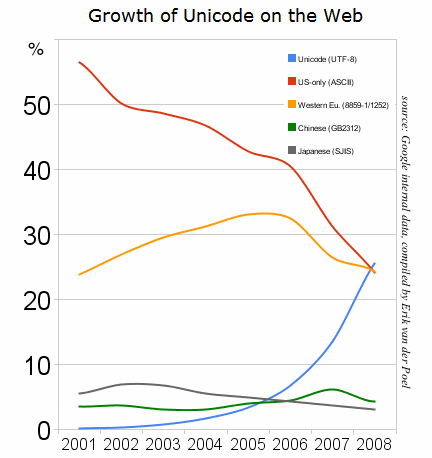The Jakarta Post recently ran an article titled “Chinese papers attracting younger readers.” That would indeed be encouraging news, given the considerable damage in Indonesia to Sinitic languages and Chinese culture during their suppression there for most the second half of the twentieth century.
But the specifics of the article are a little less encouraging.
Since controls against newspapers in Mandarin were eased in 2000, Jakarta has had up to six so-called Chinese newspapers. The number is now down to three, at least one of which is operating in the red.
Bambang Suryono (a.k.a. Lie Zuo Hui), editor in chief of the Yìnní Guójì Rìbào (Indonesian International Daily News, 印尼國際日報) said that Chinese newspapers in general did not get many young readers or contributors who could write well.
After the reformation era in 2001, Sino-Mandarin courses started to sprout in the city. However, Bambang said new Chinese language students were not yet apt to read Chinese newspapers.
“They can write simple articles about their daily activities, but not on complex subjects.”
For that matter, not many people on his own staff can write in Hanzi.
Out of his editorial staff of 20, there are only four journalists that can write in Chinese, and the youngest is 58 years old. “It’s so hard to find young people that can write in Chinese,” Bambang said.
Sunardi Mulia, the editor-in-chief of a business daily Indonesia Shang Bao, said most of his paper’s readers were above 55 years old.
“They are those who once went to local Chinese schools,” he said. “More and more of those aging readers are passing away.”
Sunardi’s paper, has few reporters. “I have to really roll up my sleeves to report large events,” he said. And about 90 percent of the paper’s editorial team are over 50….
“It’s true more young people have begun learning the language. However, it will take time for them to improve because their cultural surrounding is completely different than previous generations.”
“A lot of their parents cannot speak Mandarin or read Chinese anymore,” said Sunardi.
“So their opportunities to practice and communicate with the language are very limited. They probably need 15 years or so before they can read fluently,” said Sunardi, 59.
Sunardi said his paper’s present marketing target was mostly foreigners, specifically businesspeople from China and Taiwan. But he was optimistic about the future for his paper — again, though, not because of people born and bred in Indonesia but because of new readers arriving as immigrants from China.
No. of copies printed per day, according to the editors:
- Guoji Ribao: 60,000 copies per day, about one-third of those distributed in Jakarta
- Shang Bao: 10,000 copies per day, most distribued in Jakarta
- Harian Indonesia Yinni Sin Chew Ribao (formerly government controlled): 55,000 per day
source: Chinese papers attracting younger readers, Jakarta Post, May 15, 2008 (alternate source)


